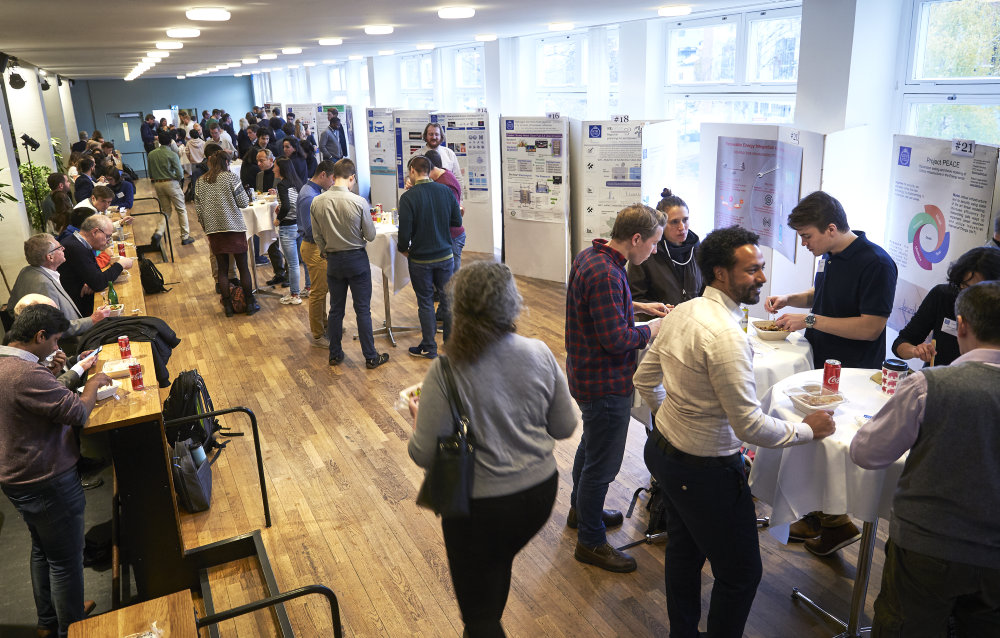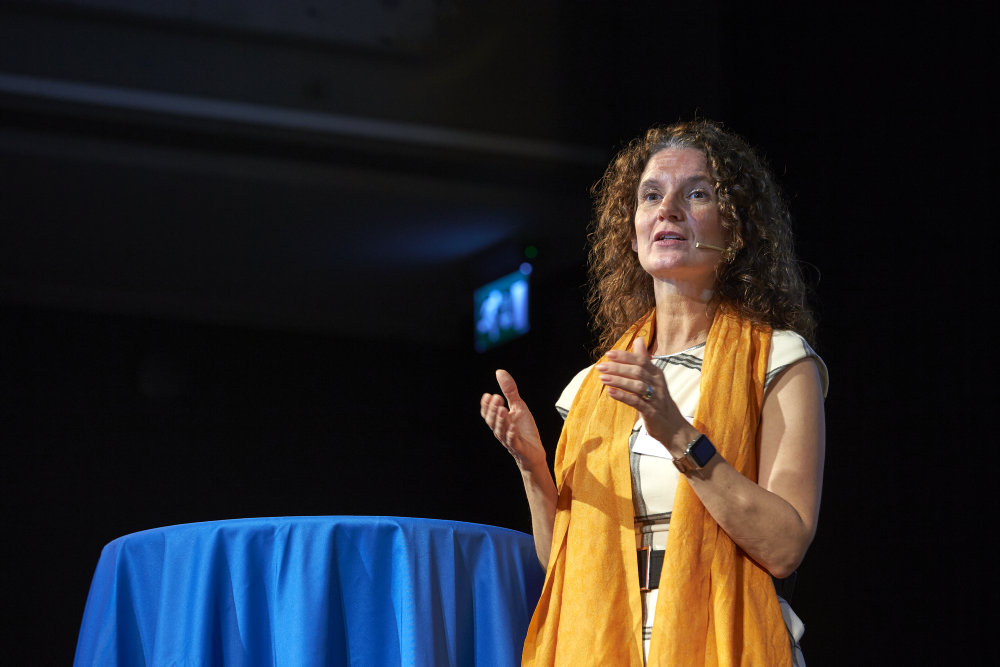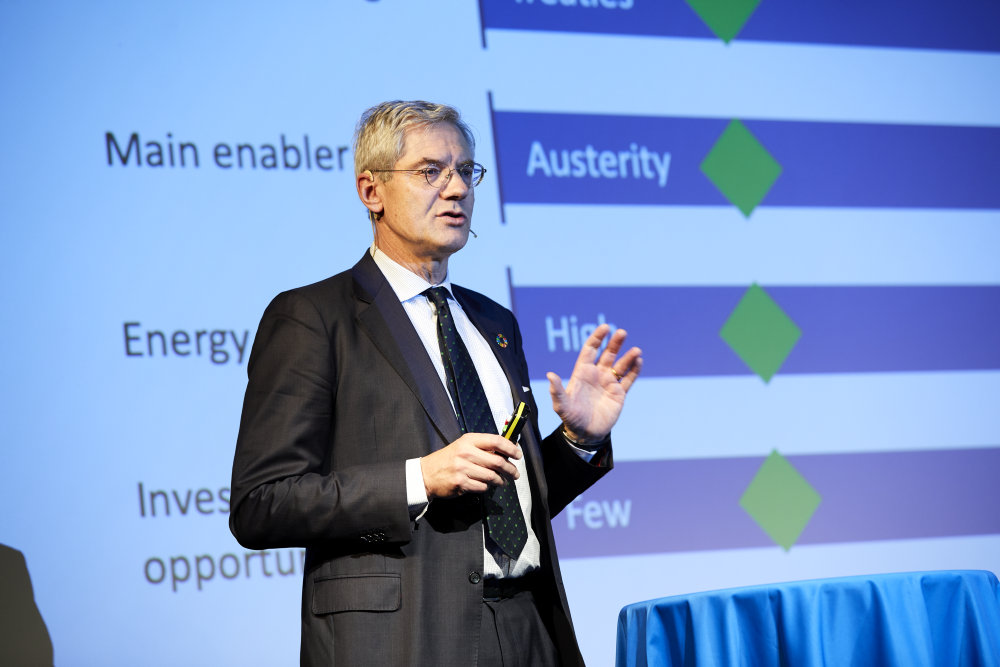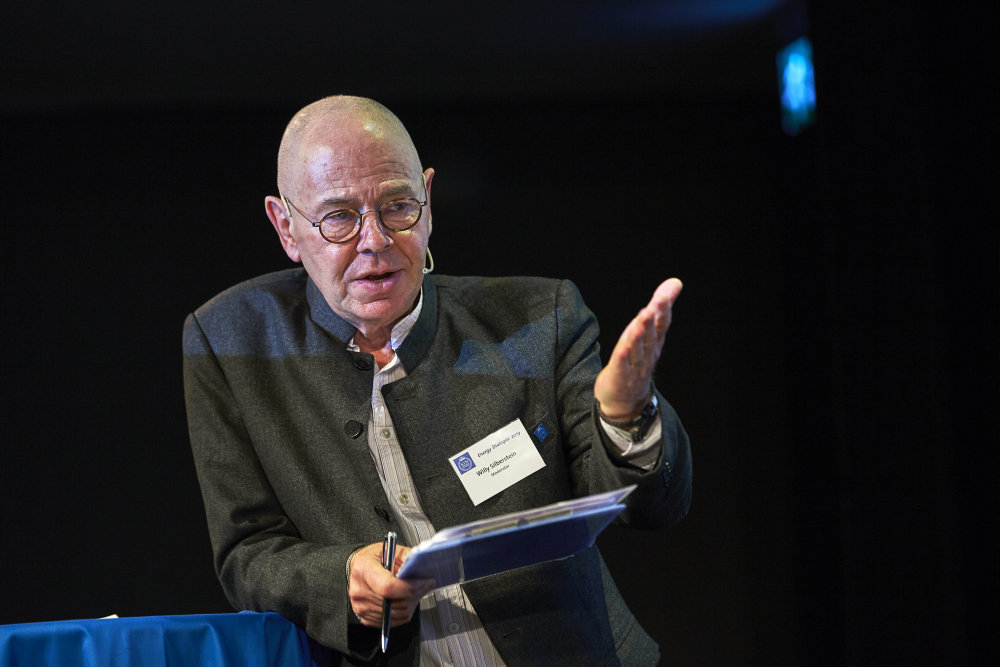KTH Energy Dialogue 2019 offered insights about solutions to achieve climate goals
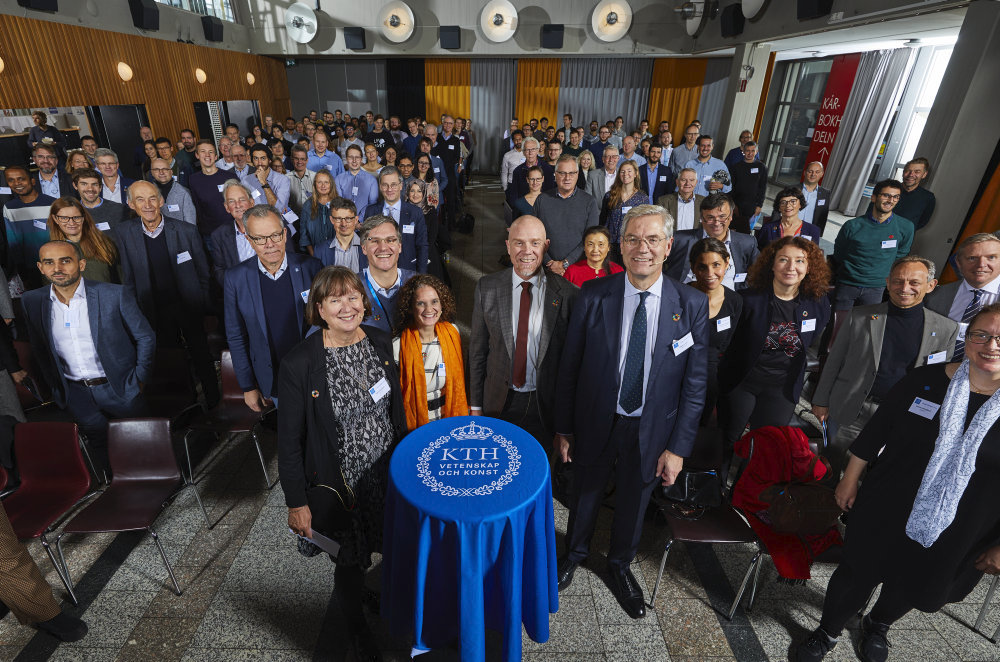
KTH Energy Dialogue 2019 offered insights from a wide area of research: disruptive business models, cyber-attacks and transparent solar-cells were all covered throughout the day - and an overall theme on solutions to achieve climate goals.
The interest in this year's edition of the KTH Energy Dialogue was huge and a fully booked event opened the doors at KTH Nymble. The day started with a poster presentation and lunch networking. The opening was done with a short film session where the director of the Energy Platform at KTH, Lina Bertling Tjernberg, discussed upcoming challenges and opportunities in energy research and emphasized that the Energy Platform is an inclusive platform for researchers with an interest in working with solutions for the energy system. The moderator for the day was journalist Willy Silberstein.
“Plenty of energy”
The KTH Energy Dialogue started with the opening remarks from Sigbritt Karlsson, President of KTH. She was followed by Robert Andrén, General Director for the Swedish Energy Agency, and Magnus Hall, CEO Vattenfall, who both gave keynote speeches. Robert Andrén spoke about the pathway toward a 100 percent renewable energy system in Sweden, Vattenfall’s Magnus Hall envisioned a future where there will be an excess amount of energy.
“There will be plenty of energy coming when we have rebuilt the system. And you will see a change coming from markets when business are applying the climate issue on their strategies. Consumers will punish companies that don't do that.”
The main enabler will not be austerity, but technology, Hall stressed.
The opening session was concluded by handing out the Vattenfall Award for the best master thesis within energy.
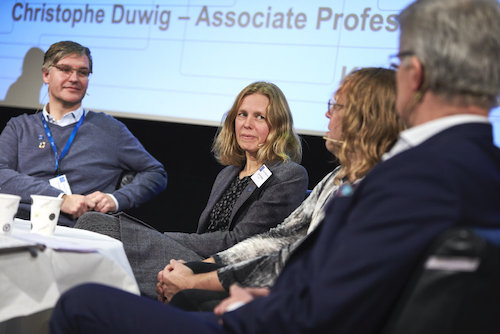
The day comprised four different panels, each with short introductory lectures. First out was a look back at the platform's first ten years. Here, two prior directors of the energy platform, Ramon Wyss, professor emeritus, and Olga Kordas, program director for Viable Cities was followed by Mark Howells, professor in Energy System Analysis and expert for the United Nations.
Wyss summarized how KTH's energy research gathered in a platform before establishing a hub in the EU initiative EIT InnoEnergy.
“I believe we really put KTH on the map in terms of what we could accomplish together.”, Wyss said.
Olga Kordas, program director for Viable Cities, gave a short retrospection of the program that grew from a small initiative to a national strategic program with 60 members and a budget of one billion Swedish crowns.
“The Energy Platform is a place where we are opening doors for collaboration. We are defining areas where we need to work together as researchers and with different actors och stakeholders in society.“


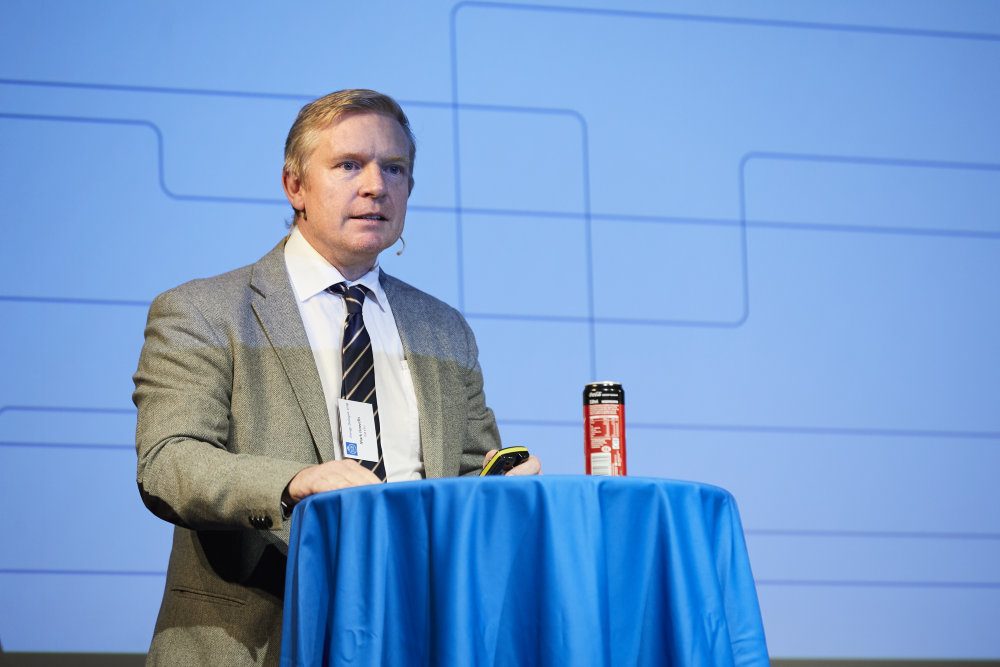
KTH's impact on a global scale
Mark Howells, professor in Energy System Analysis and expert for the United Nations, gave a recap on the research on the latest years of collaboration between UN and KTH.
“The UN has a lot of great ideas on sustainability, but not necessarily the tools and insights that might be required to structure systems. KTH have been one of the main partners in modelling these open source tools for a global development of sustainability.”, says Howells.
Howells gave insight into three tools where KTH have played a key role: providing electricity to developing countries, designing energy systems in which technology can overcome climate issues, and paving the way for climate compliant technological development and growth.
“If we want to reduce our emissions to become climate compatible, it doesn't cost that much, interesting enough. There are technologies that are promising, but they end up using a lot of water. Understanding how all these challenges interlink is a challenge.”, said Howells.
The work at KTH, with the support of the KTH Energy Platform, has had and still has having a substantial global impact, Howells concluded.
From new technologies to sustainable systems
Next panel talked on new technologies for a secure and sustainable energy system. Lina Bertling Tjernberg, professor in Power Grid Technologies, took the stage with Pontus Johnson, professor in Network and systems engineering, Rakel Wreland Lindström, associated Professor in applied electrochemistry and Ilya Sytjugov, professor in Applied Physics.

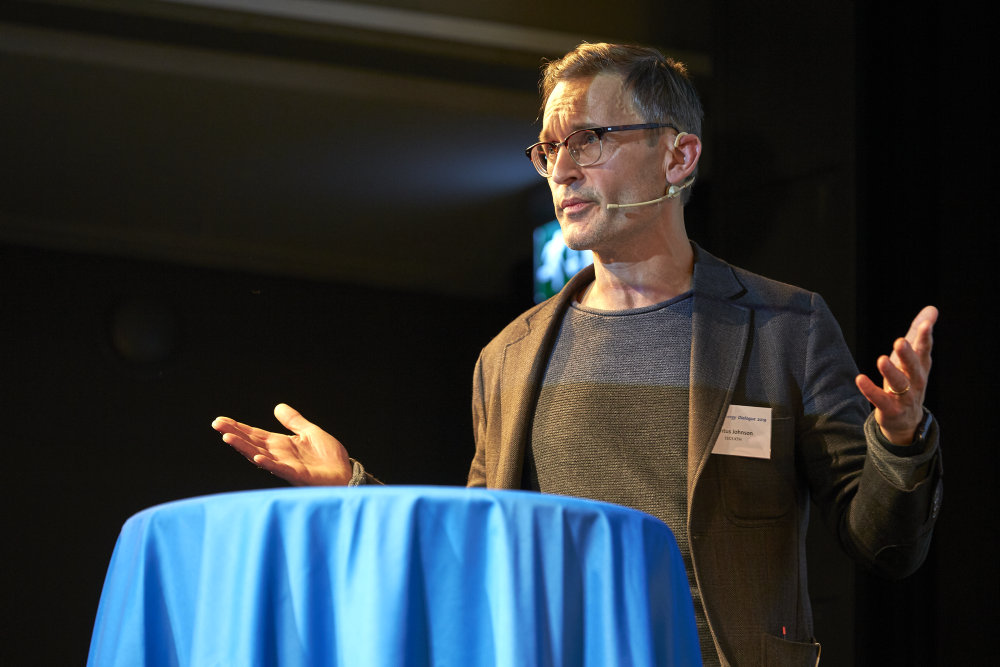
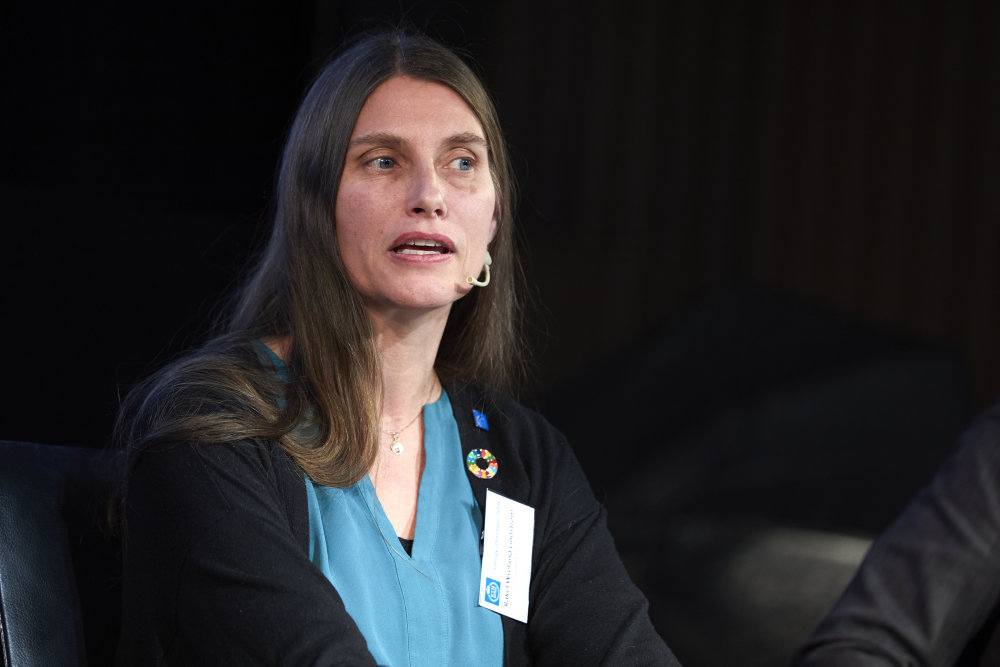
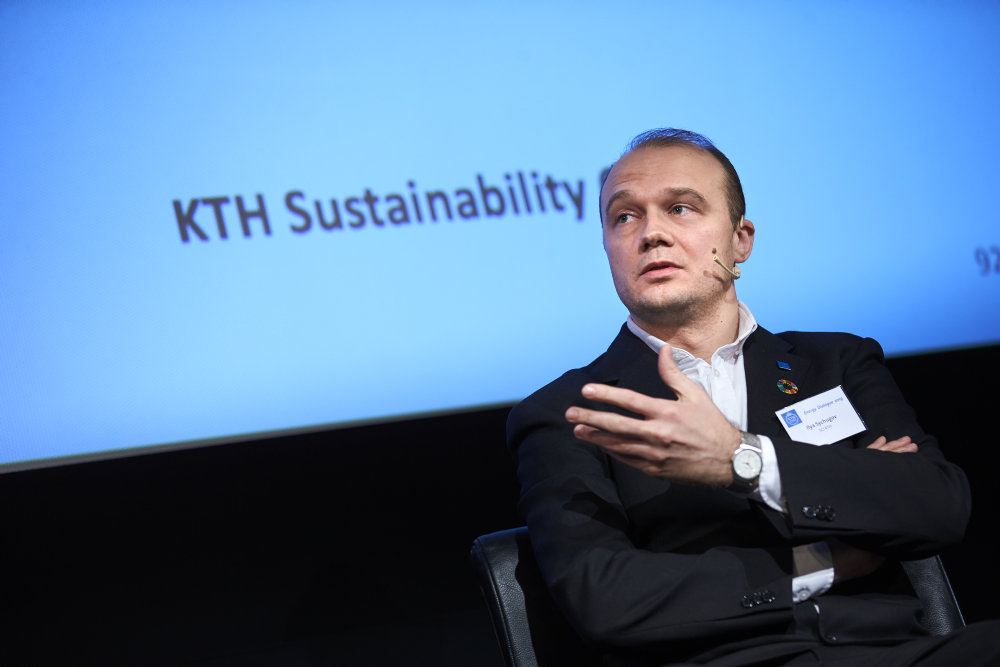
The panel was opened with a reflection about the world's first commercial high voltage DC (HVDC) cable between the mainland and Gotland in operation in 1954. Lina Bertling Tjernberg painted a picture of the transformation of the electric power system for a sustainable energy system with Gotland as an example. Gotland, which is Sweden's pilot for 100% renewable energy system. She ended by highlighting energy stores with batteries as a vision of the future and opportunities with electric vehicles in the electricity system. Pontus Johnson went on to show examples of the power system's vulnerability to attacks, which later in the dialogue came back when discussing electric vehicles. Rachel Wreland demonstrated on fuel cell technology as a fossil-free alternative and compared different battery technologies. Ilya Sytjugov provided the panel with a post with future solar cell materials - an opportunity to revolutionize future solar energy from buildings.
This group touched on the growing use of fuel cells and batteries, and the ongoing electrification of the transport sector, as well as on the increasing threats from cyber-crime.
Panel number three comprised Semida Silveira, professor in Energy Systems Planning Energy and Climate Studies, Lennart Söder, professor in Electric Power Systems and Cecilia Katzeff, associate professor in Human-Computer Interaction.
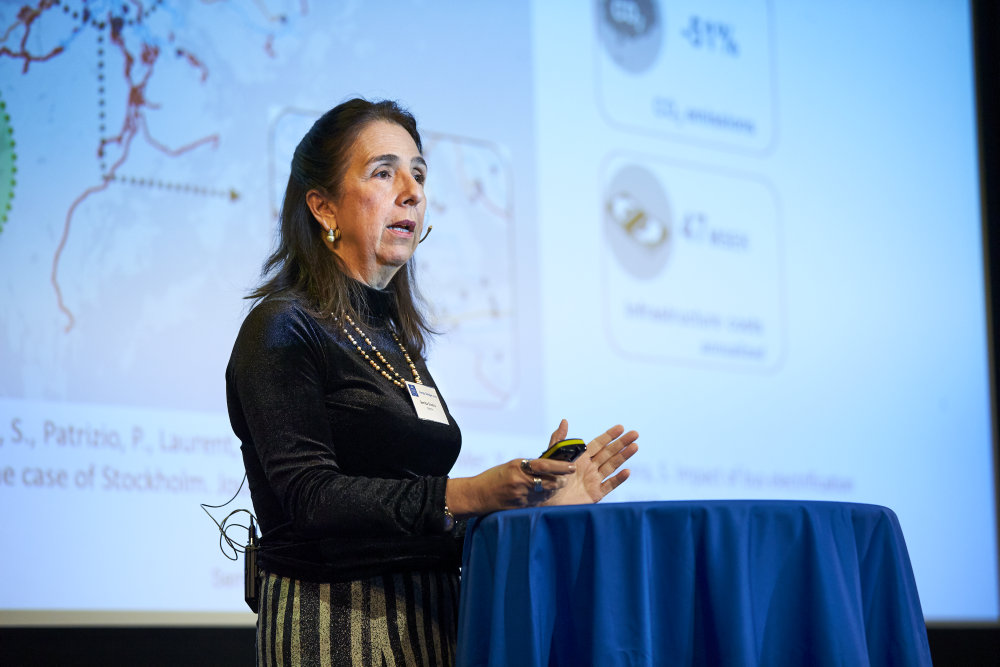


Here the topic was “Towards a sustainable energy system” showing a future where wind electricity in Sweden will outgrow nuclear. Professor Silveira underlined that urban areas are central in the transformation to a sustainable society. Cecilia Katzeff shared ongoing research on how households can be a strong resource for a more flexible energy system.
The final panel for the day had the theme “Business aspects, recycling and use of waste for the energy sector”. Here, Mats Engwall, professor in Industrial Economics, Janne Wallenius, professor in Nuclear physics, Cecilia Sundberg, associate professor in Industrial Ecology joined forces with Christophe Duwig, associate professor in mechanics.
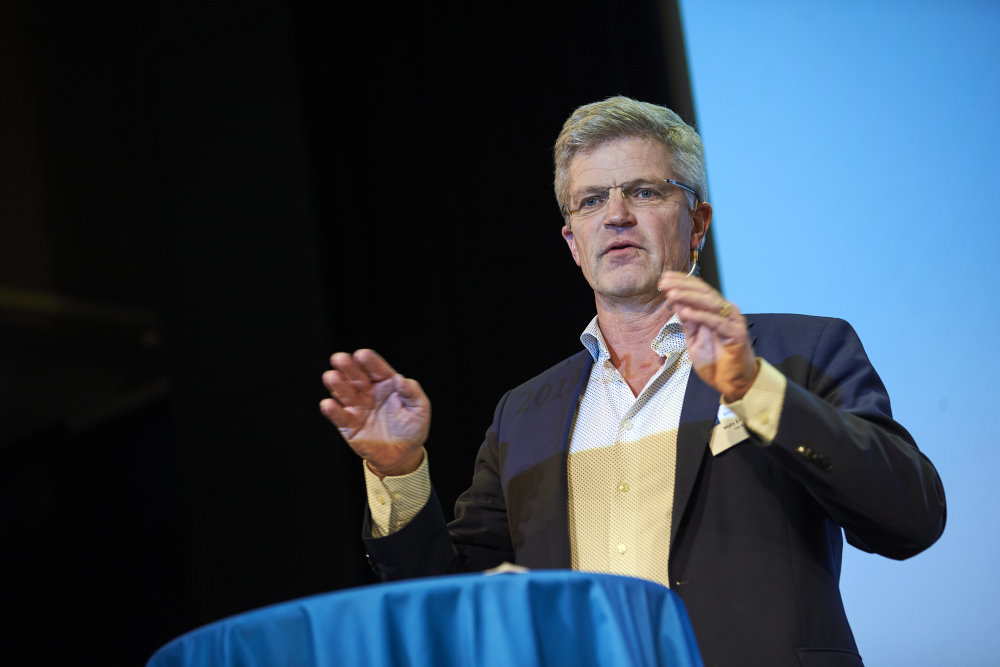

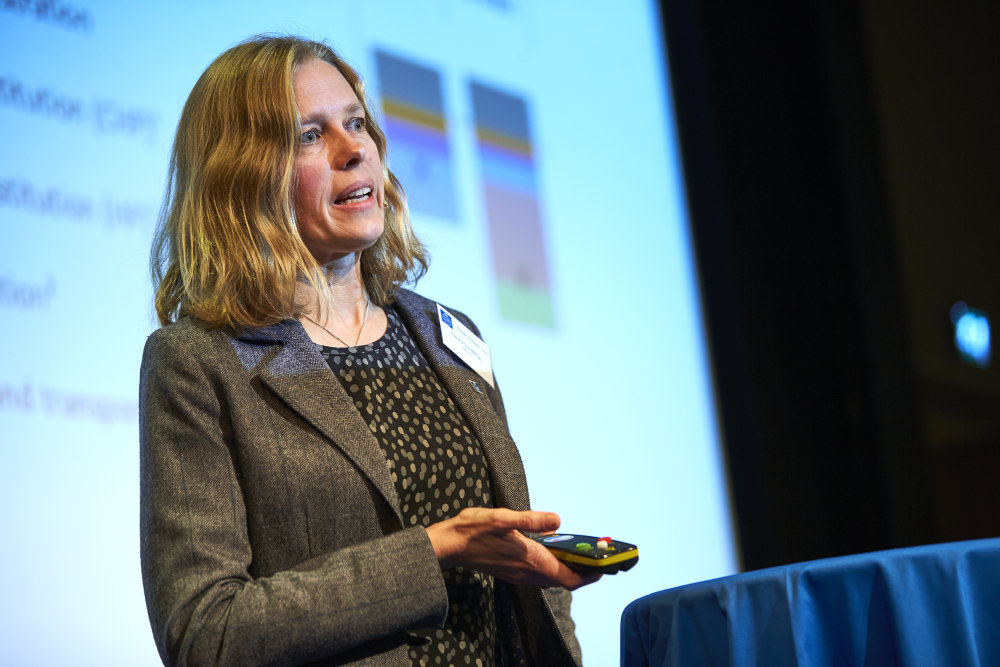
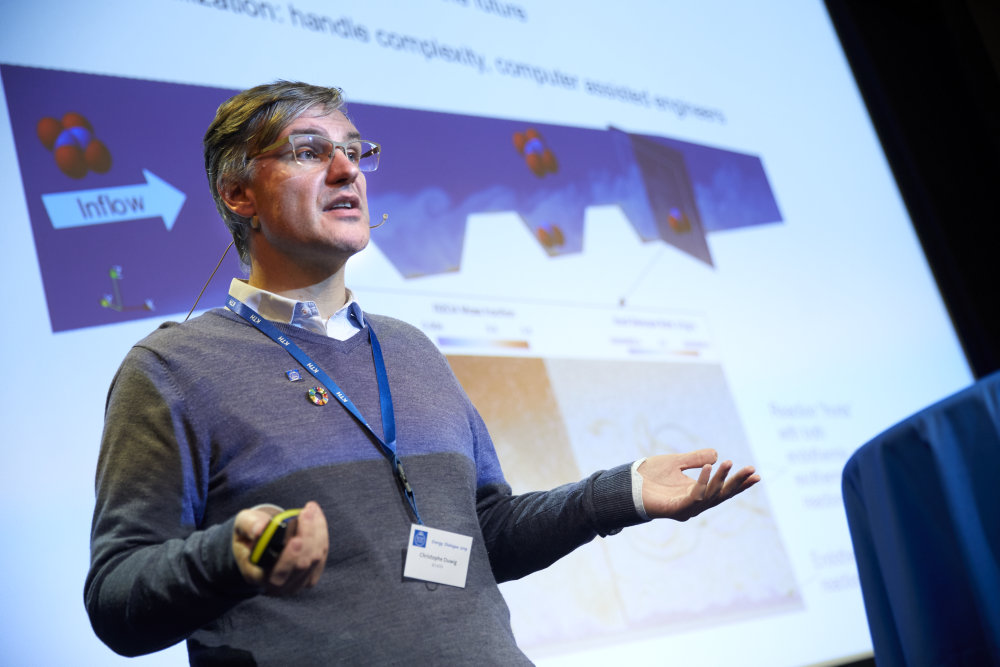
Engwall stressed the need to focus not only on technological innovation but also on innovative business models. Nuclear physics professor Janne Wallenius showed new possibilities with recycling of nuclear waste. Cecilia Sundberg, gave insights into how biochar can be used as an effective carbon sink. And finally Christophe Duwig emphasized that energy costs today is low and that there are huge possibilities using waste heat.
The day ended with a summary from Lina Bertling Tjernberg, Director of the KTH Energy Platform, and Deputy director Christophe Duwig.
“I believe it's important for us to work simultaneously with long-term goals and short-term ones. To do this, we can think of the T-shaped model of engineering mentioned here today. It makes it possible both to collaborate between fields and to work in our own silos, taking our research forward.”, concluded Lina Bertling Tjernberg. The day was concluded with handing out of prize for the best poster award.
Text: Magnus Trogen Pahlén
Photo: Fredrik Persson
Presentations of the panel speakers


